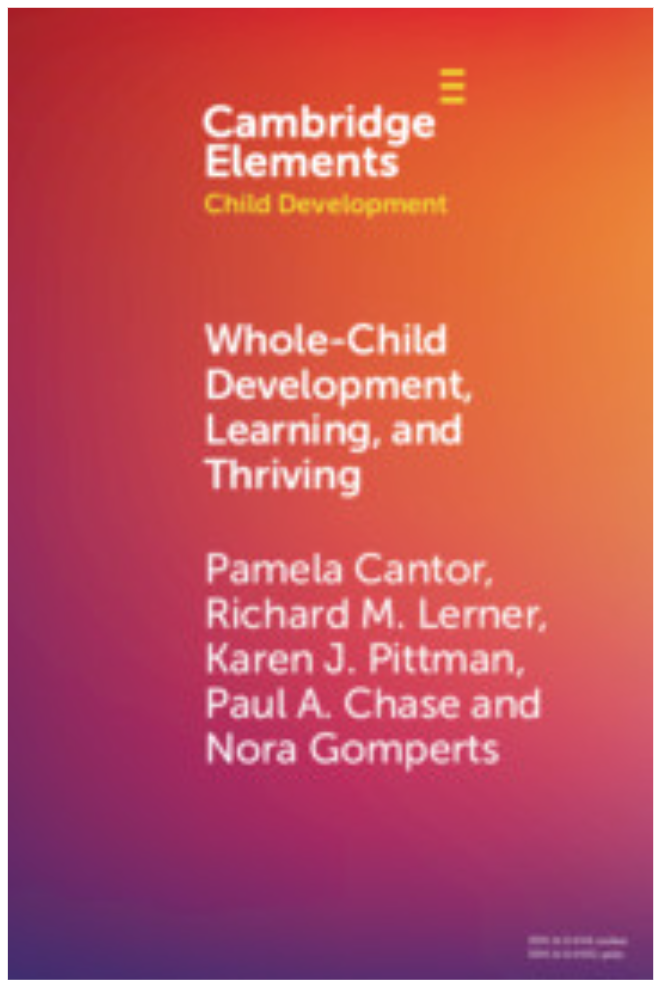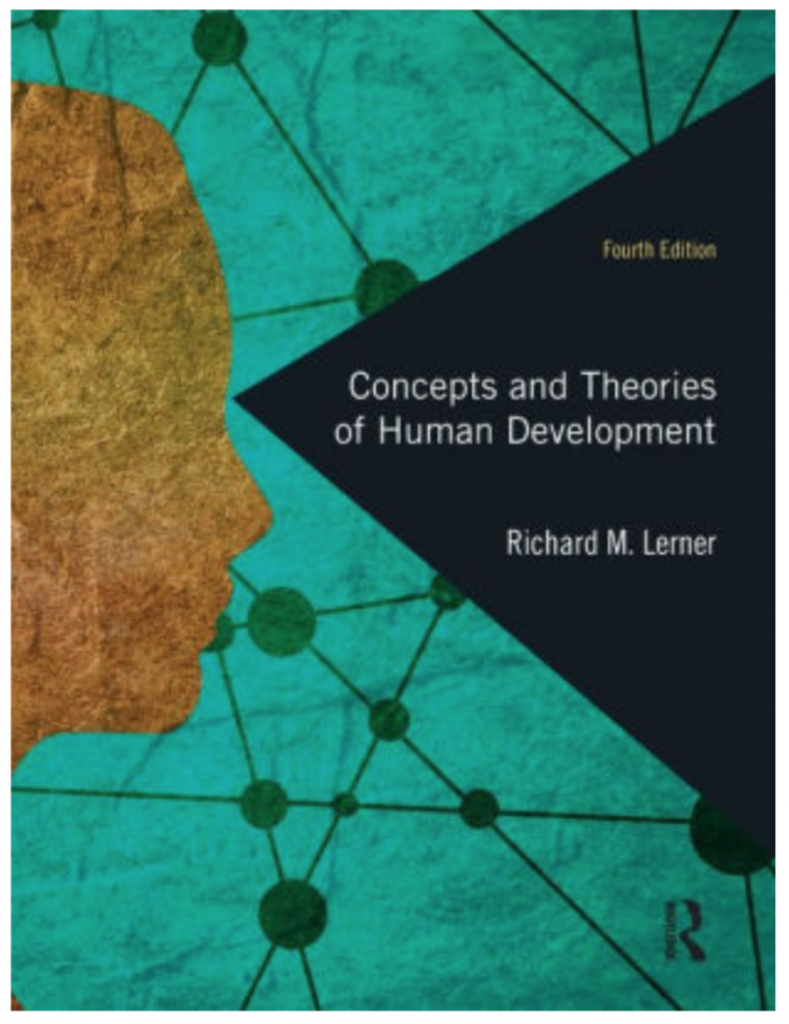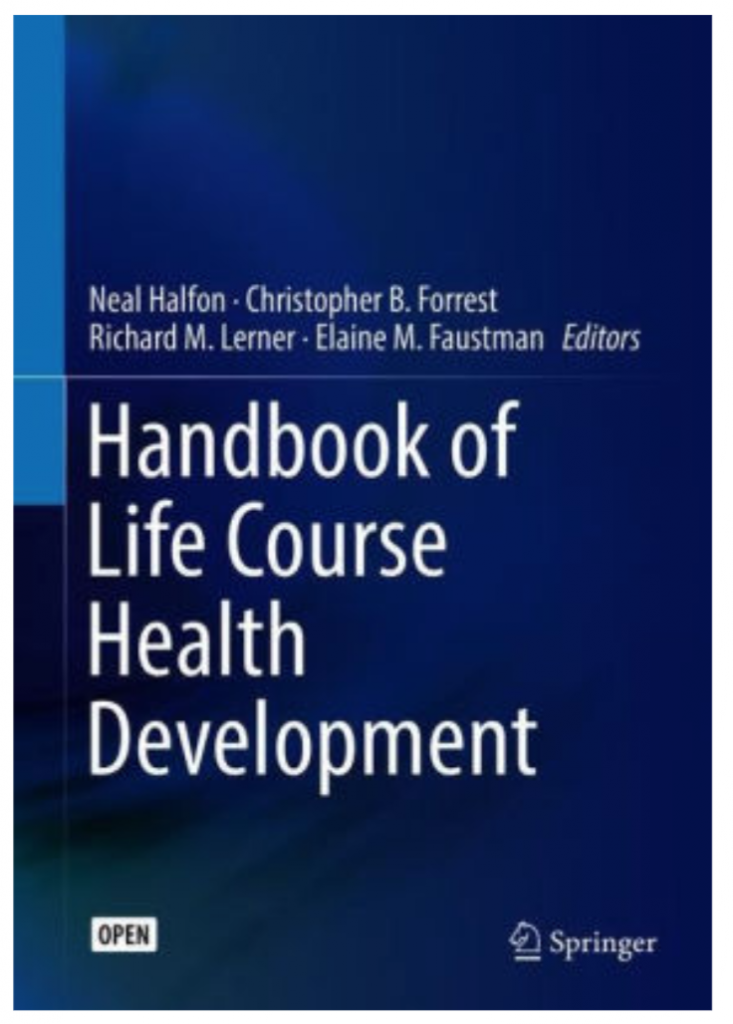Whole-Child Development, Learning, and Thriving: A Dynamic Systems Approach

In this book, authors Pamela Cantor, Richard M. Lerner, Karen J. Pittman, Paul A. Chase, and Nora Gomperts discuss whole-child development, learning, and thriving through a dynamic systems theory lens that focuses on the United States and includes an analysis of historical challenges in the American public education system, including inequitable resources, opportunities, and outcomes. To transform US education systems, developmental and learning scientists, educators, policymakers, parents, and communities must apply the knowledge they have today to 1. challenge the assumptions and goals that drove the design of the current US education system, 2. articulate a revised, comprehensive definition of whole-child development, learning, and thriving that accepts rather than simplifies how human beings develop, 3. create a profound paradigm shift in how the purpose of education is described in the context of social, cultural, and political forces, including the impacts of race, privilege, and bias and 4. describe a new dynamic ‘language’ for measurement of both the academic competencies and the full set of 21st century skills.
Concepts and Theories of Human Development (4th edition)

First published in 1976, and generally regarded as the premier graduate textbook in development science, the new edition of Concepts and Theories of Human Development was published in 2018 by Routledge, a division of Taylor & Francis. The book discusses the assumptions involved in such topics as stage theories, the nature-nurture issue, the issue of continuity-discontinuity, and the important role of philosophical ideas about theories – in particular, metatheories – in understanding the links between theory and research. In particular, the 4th edition focuses on relational developmental systems (RDS) metatheory, exploring its roots in the 1930s, following its development into the present day, and contrasting it with the fundamentally flawed genetic reductionist models that continue to be circulated by some scientists, the media, and the general public. The book also discusses implications of theory for research methods and for applications aimed at the promotion of health, positive development, and social justice among diverse people across the life span.
Handbook of Life Course Health Development

Edited by Neal Halfon (UCLA School of Medicine), Christopher B. Forrest (Children’s Hospital of Pennsylvania), Elaine M. Faustman (School of Public Health, University of Washington, Seattle), and Richard M. Lerner, the handbook synthesizes and analyzes the growing body of knowledge about life course health development, from the prenatal period through young adulthood, and discusses implications for theory, research, clinical practice, and public health.
You can access a free ebook version of the handbook here.
